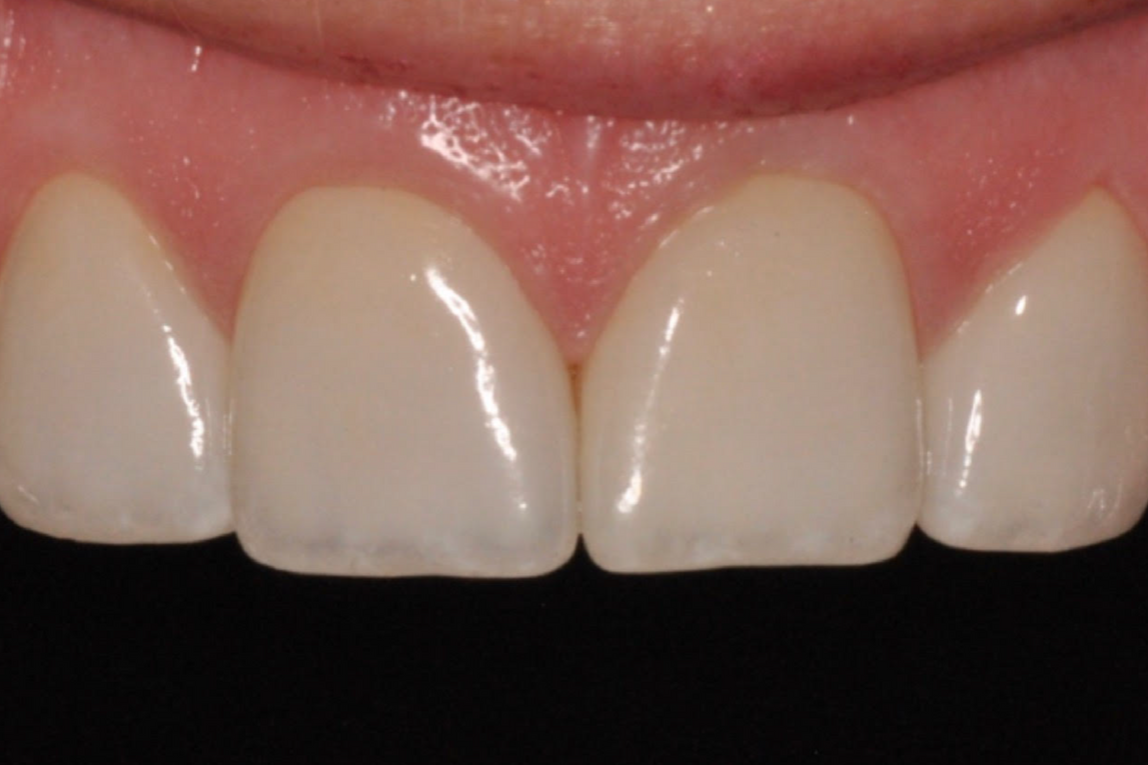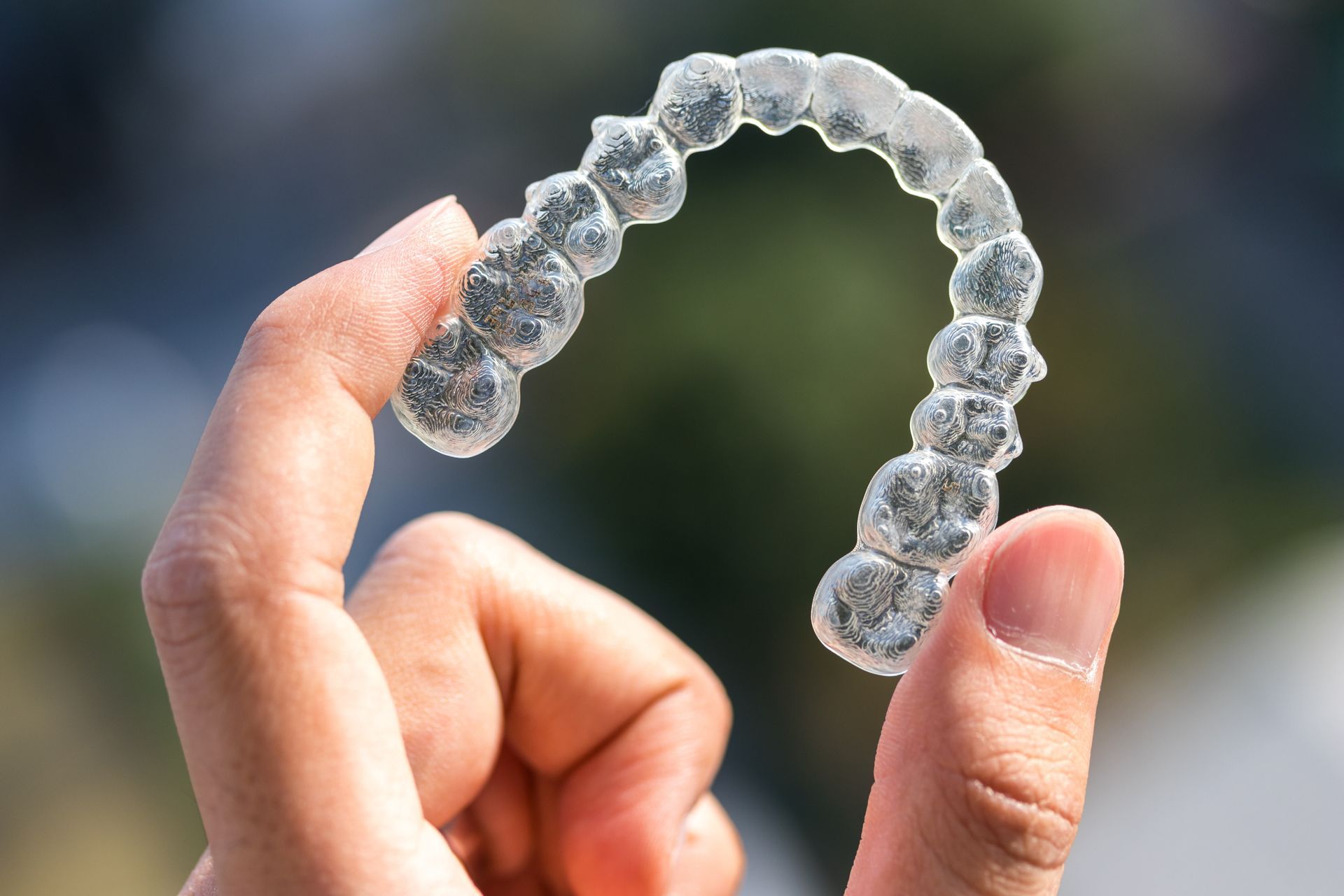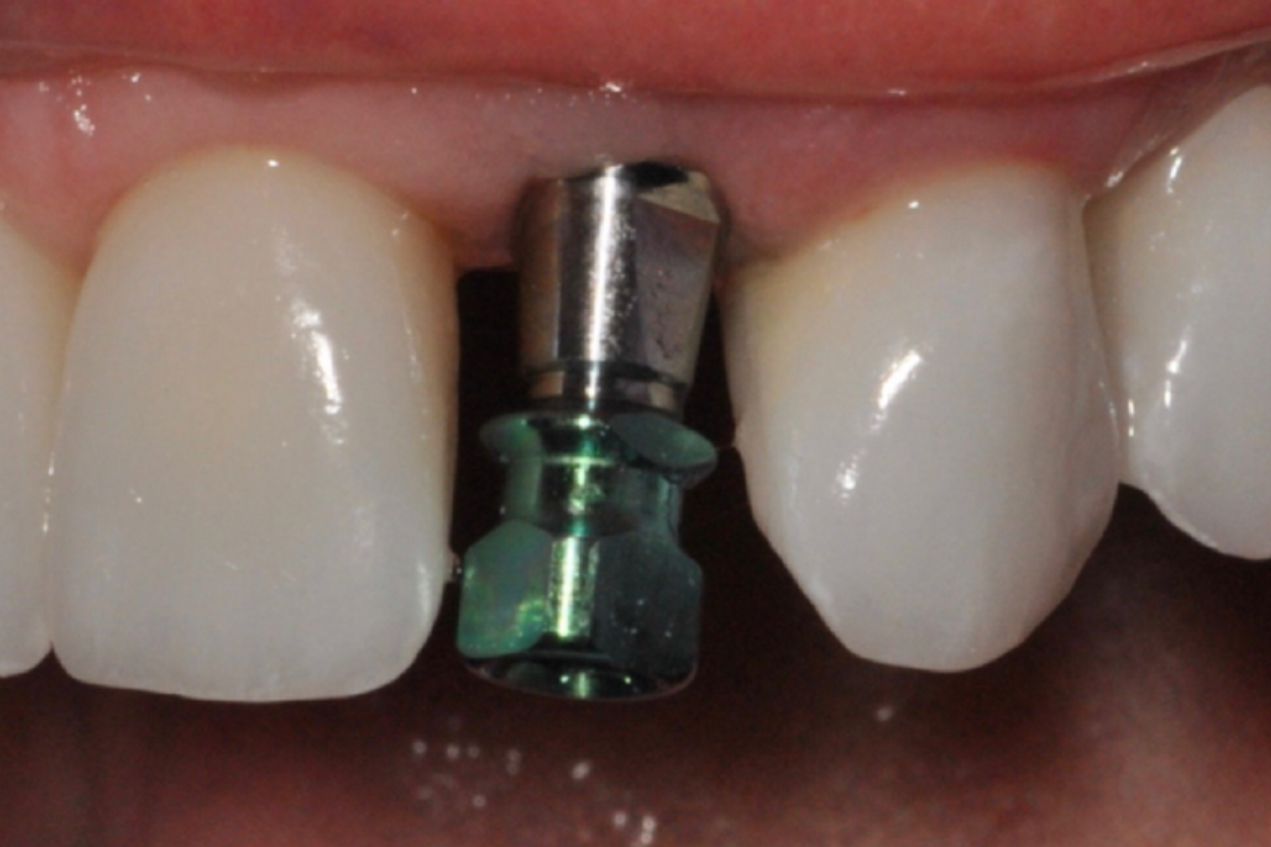Trusted Dental Care In Kansas City and Independence, MO
At Anderson Perry Dental, we combine advanced dentistry with a personal touch to keep your smile healthy and confident. From preventative care to cosmetic and restorative treatments, our team is here to make every visit comfortable, convenient, and tailored to you.
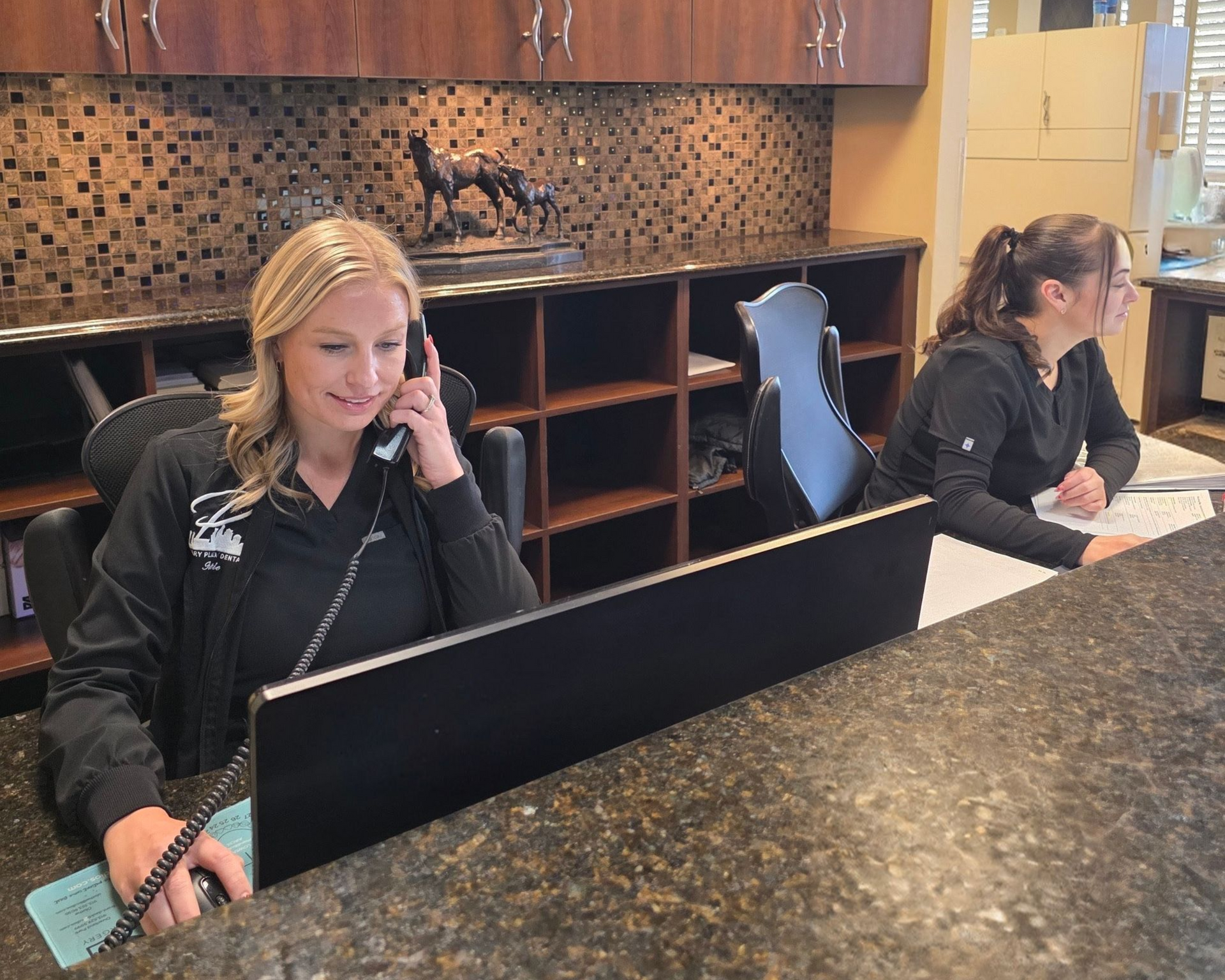
top dental services
Emergency Care
From routine checkups to advanced treatments, we offer a full range of dental services designed to stop problems before they start and keep your smile strong.
Veneers
Whether you need a filling, crown, or cosmetic repair, our treatments are designed to blend seamlessly with your teeth.
Invisalign
At Anderson Perry Dental, we specialize in cosmetic dentistry, blending advanced techniques with a personal touch.
Implants
At Anderson Perry Dental, we specialize in cosmetic dentistry, blending advanced techniques with a personal touch.
emergency or appointment?
Whether you need a routine cleaning or have a dental emergency that needs immediate attention, we’re here to help. Our team is just a phone call away, ready to provide the care you need when you need it most.
Meet
Our Dentists
We believe in treating every patient the way we would want to be treated — with kindness, respect, and honesty. That’s why friendly family care and outstanding customer service are at the heart of our practice. The Golden Rule isn’t just a saying for us — it’s the foundation of how we serve our Kansas City community.
Patient stories
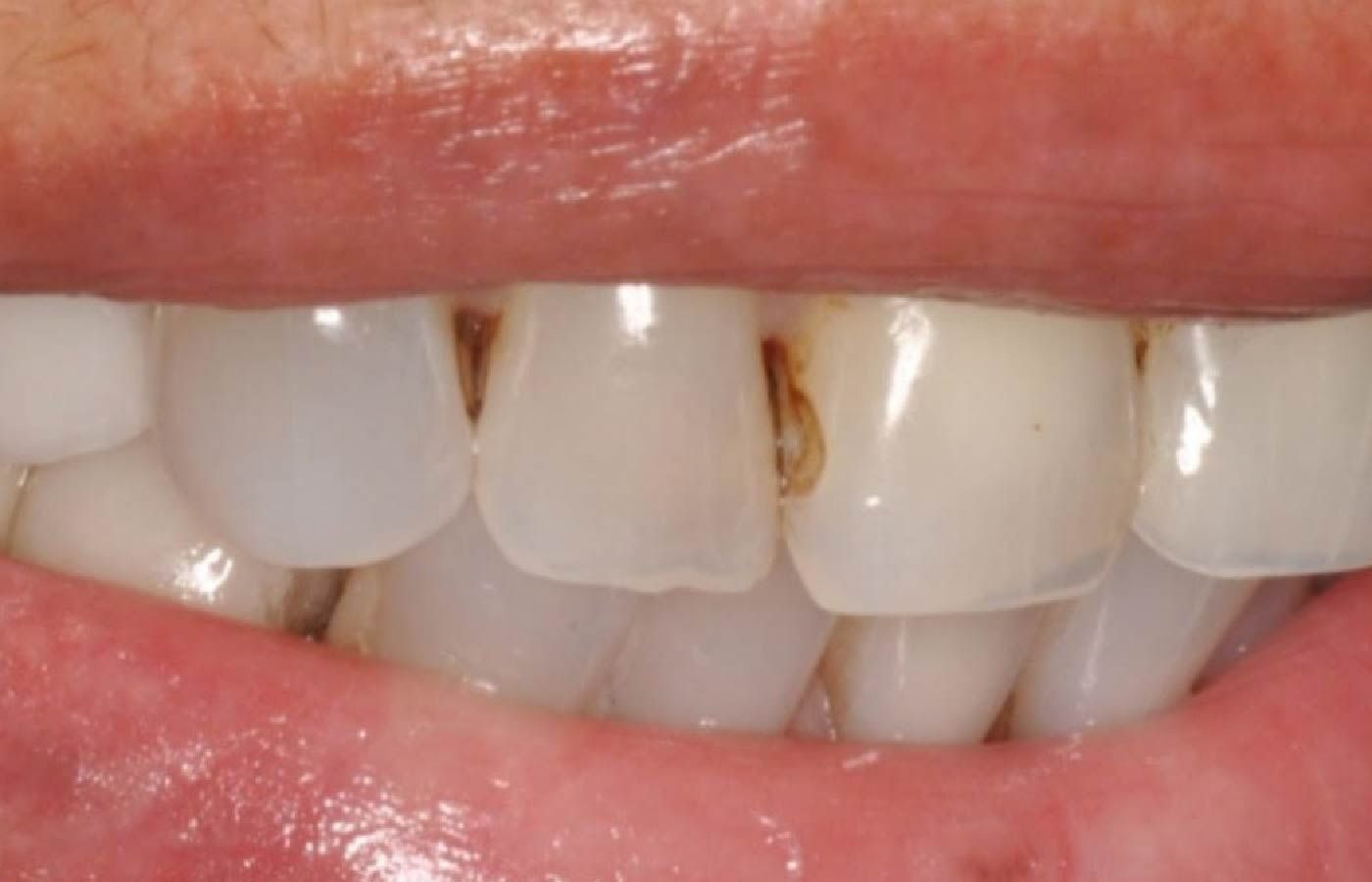
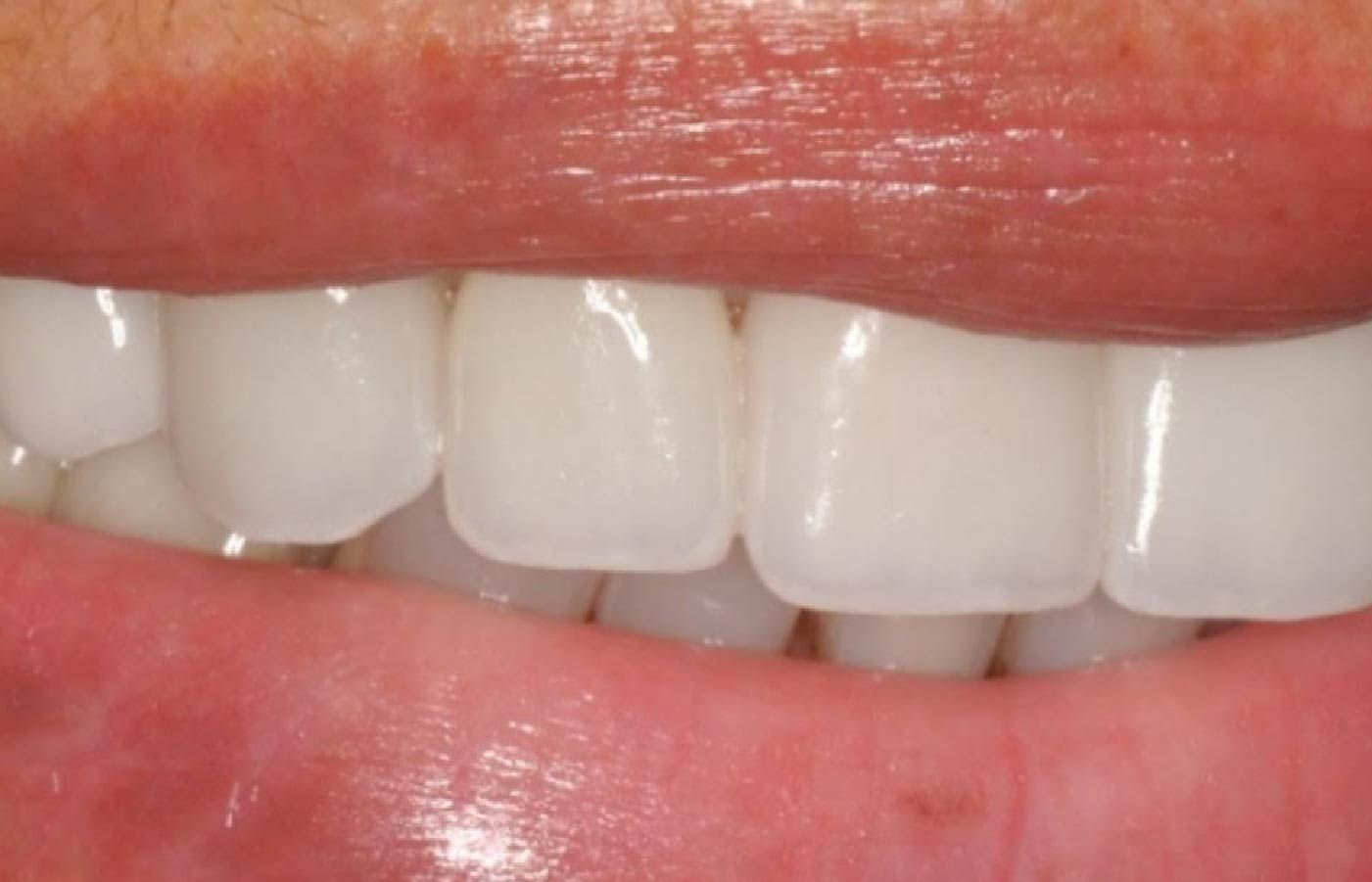
This patient came to us looking for a stronger, more confident smile — and with six custom porcelain crowns, Dr. Anderson and our team helped her achieve just that. The results are both beautiful and functional.
Smile Transformation
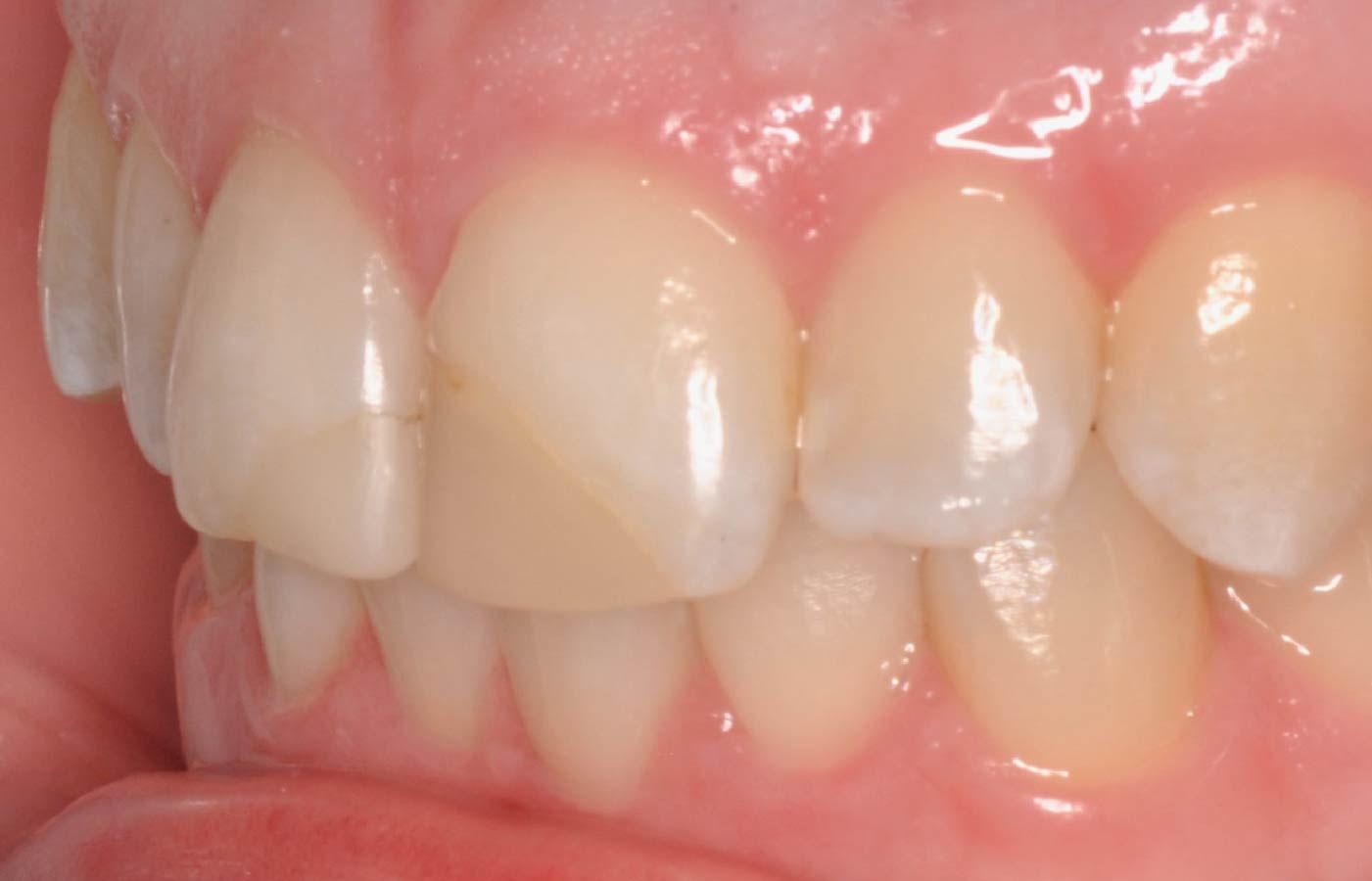
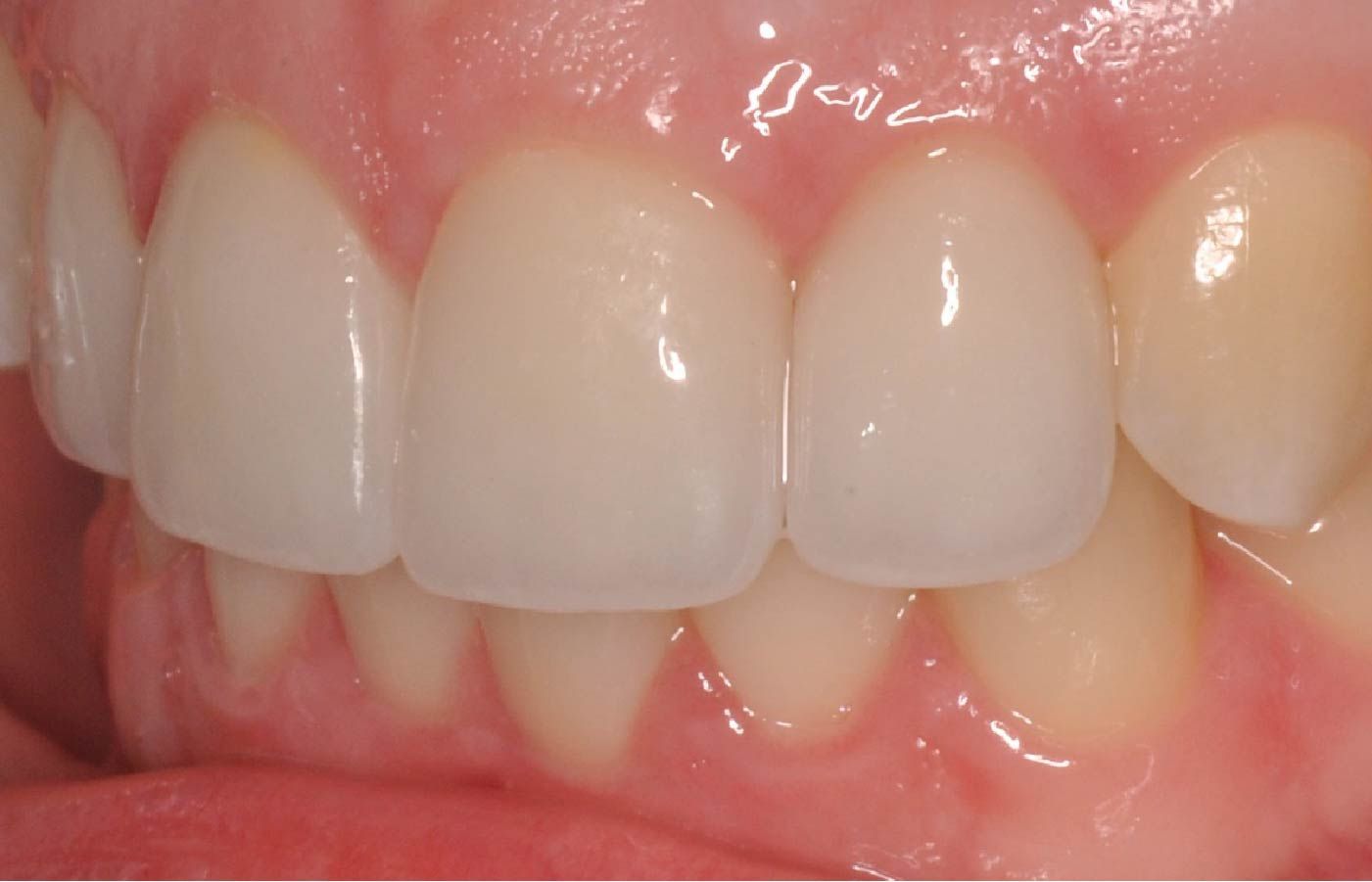
After 4 micro veneers, Holly’s stained childhood fillings are gone—her smile looks brand new and she’s beaming again!


